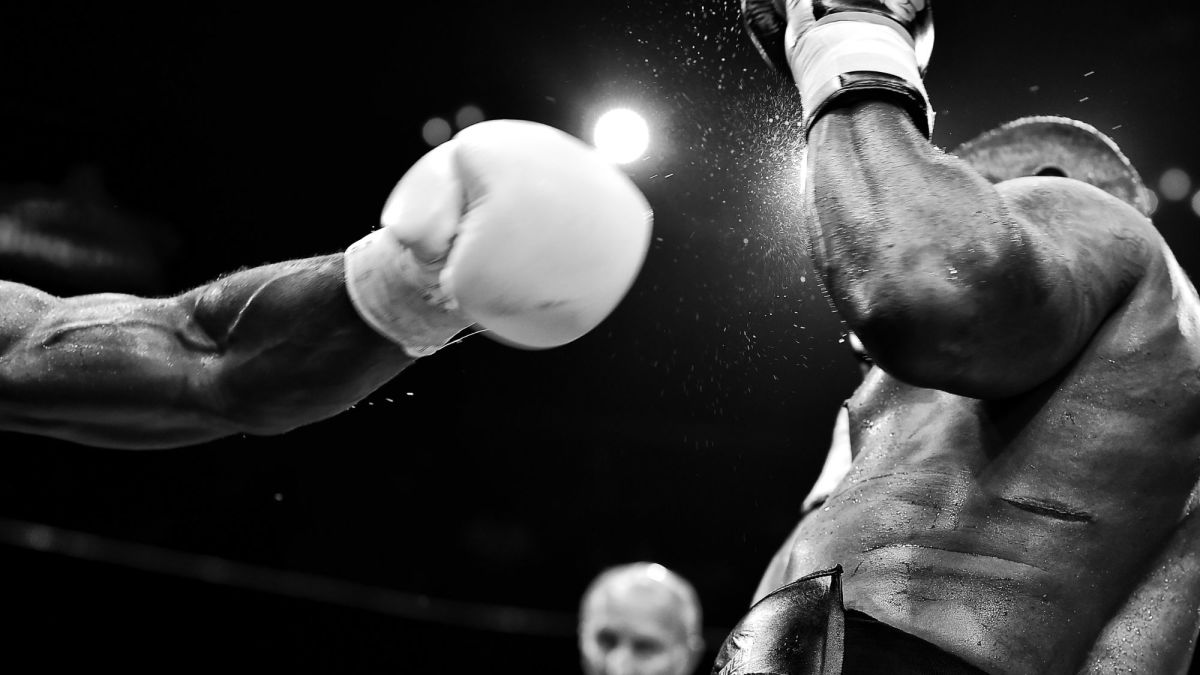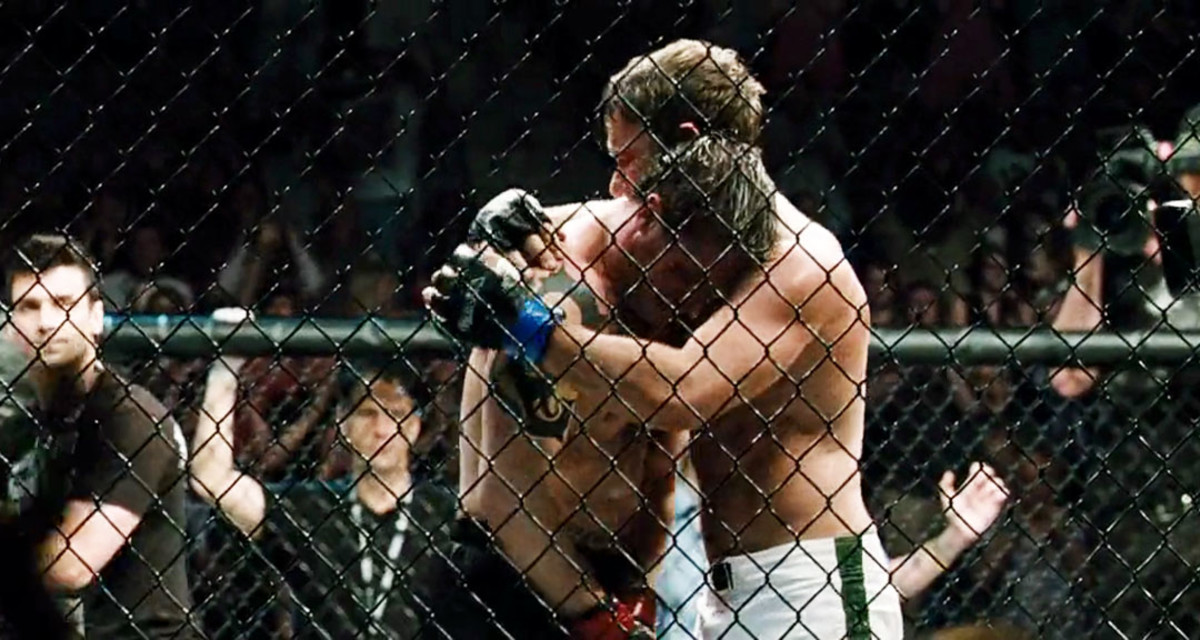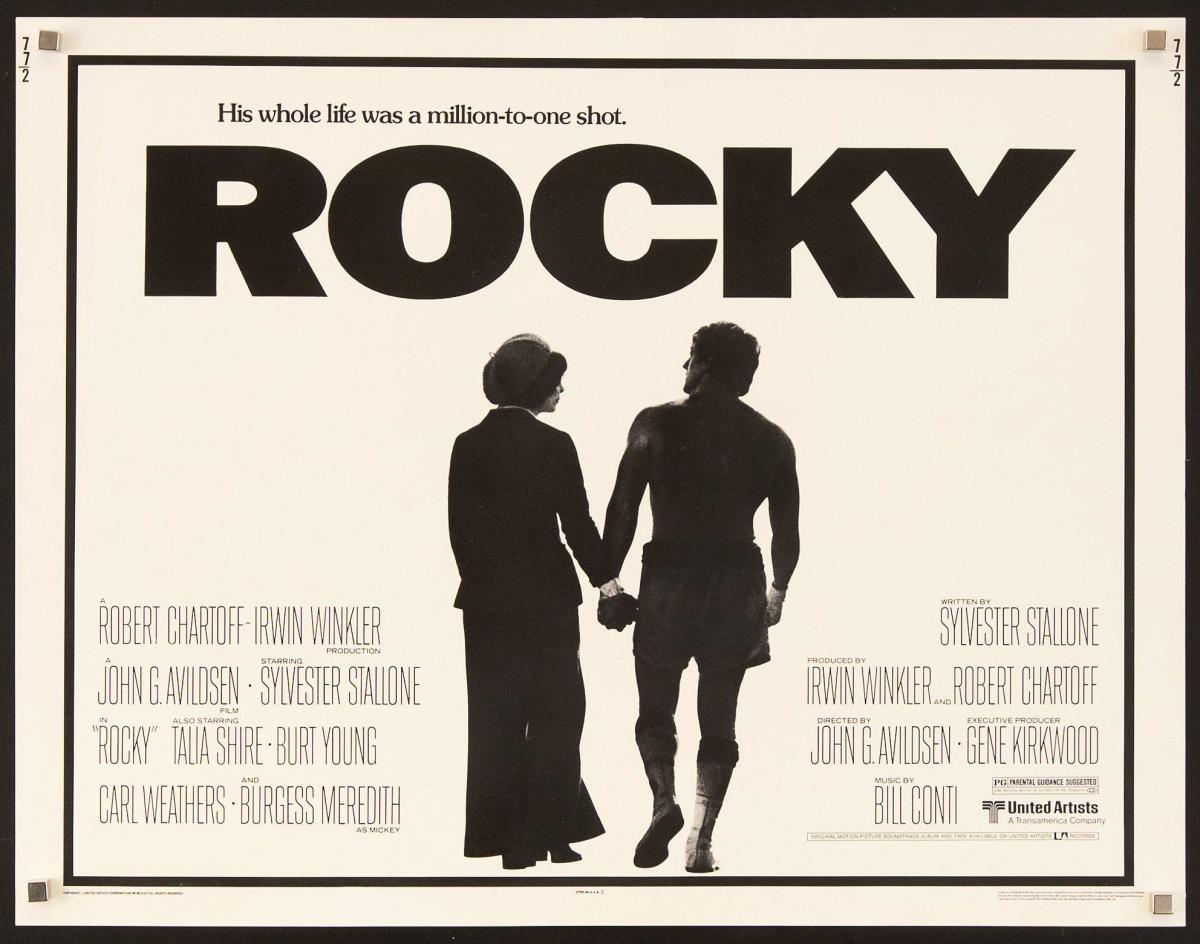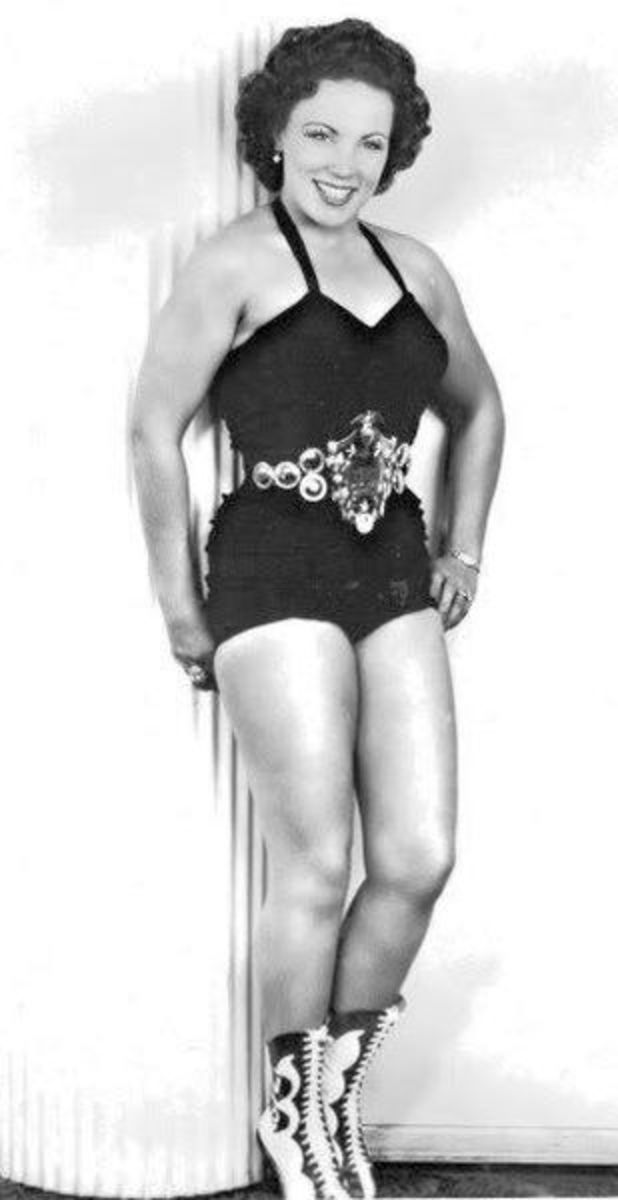The History of a Superfan and Why Boxing Continues to Die a Slow Death Part. 2
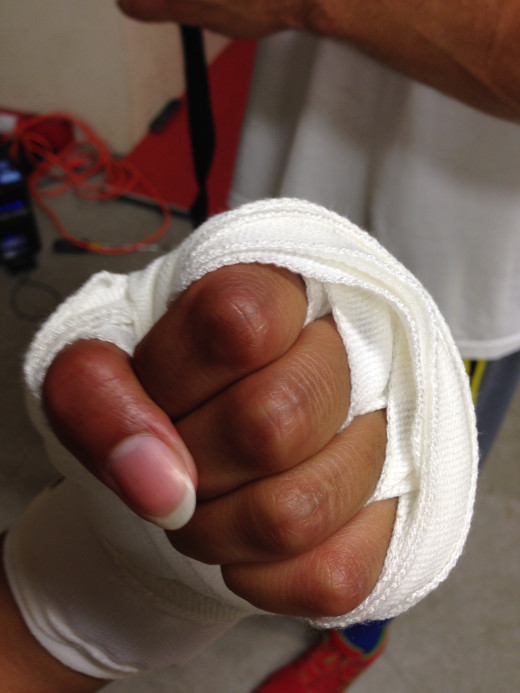
Boxing's problems have been visible for some time now. I believe its part of the reason the sport can't keep a healthy fan base. If you've followed boxing for any length of time, you've seen the same mind boggling decisions, head turning fighter conduct, biased commentating, and sad matchmaking, over and over again. And these are but a few of the black eyes to the sport.
Below are several (but not all) of the leading issues eroding the sports respectability. Some of my explanations are more detailed than others. The goal to give readers a comprehensive idea of what certain issues are, why they eaffect the sport so negatively, and how, maybe, they can be resolved.
Lennox Lewis ROBBED vs. Holyfield
Poor and dishonest judging
Let me give you a synopses on how a boxing match is scored.
Judging is supposed to based on 3 criteria: effective aggression, ring generalship, and telling blows landed. Effective aggression is seen as the fighter who is moving forward and attacking, but simultaneously is doing so, with a relative level of success; meaning they are landing what they're throwing while not taking just as much punishment to do so. Ring Generalship is defined as qualities demonstrating fight control: superior levels of engagement and defense, and being able to visibly implement a successful game plan. Telling blows landed are the simplest of all to define, those of are harder more impact-full punches.
In most places there are 3 judges, they sit ringside and watch the bout (except for Europe in some cases, where the referee acts as one of the judges). They score on what's called, a 10 point must system, meaning the fighter who won the round, in their eyes, is to receive 10 points while the other fighter can only receive 9 or less. Points are subtracted by 1 if, a fighter is knocked down, commits a foul (in which case the referee will announce a point deduction), or if they are pummeled so badly, a judge sees fit to deduct another point for complete lack of competitiveness. The rounds are tallied for the duration of the bout, and barring a knockout, the fighter who has succeeding in gaining the judges favor on 2 of the 3 or all scorecards, is declared the winner.
As very convoluted as that all sounds, it tends to be very simple once you've seen a few fights. Judges who have ample experience viewing fights, then, ought to see these distinctions better than anyone, considering it's also their job. Furthermore they should rarely score a fight that much differently from their other 2 counterparts, save for a few rounds. So why then, do we see judges, again, whose very job it is to score professional fighting, often times, not only disagreeing with one another as to who actually won, but scoring fights by wildly different margins? Especially when, in many of these cases, the spectators and press row reporters were in total agreement as to who had won.
The answer is usually either utter incompetence or clear dishonesty. For me shear dishonesty seems more likely. Here's why: If you've judged long enough to be an official for a big fight, there should be no excuse as to incompetent judging. Beyond that, when BS decisions do happen, they tend to happen in favor of the house fighter. A "house fighter" is the one who has the promotional company backing him, he is usually the more popular and therefore more fiscally valuable combatant, and is usually seen as the fighter who ought to win. It just seems to follow reason, that, if a judge were to do something dishonest, it would be for the fighter who is promoted by the house, the same house which also pays the judge to score the bout in the first place.
If you analyze almost any fight (like the one posted at the top) where people call dubious decision, more often than not, the house fighter was judged to be the winner (or non-loser, in case of a draw), even though, everyone else watching the fight, would have chose the other fighter to be victorious.
Biased Commentating
The proverbial straw to write this article came after I watched a recent HBO night of boxing. What I saw in one fight was such horribly biased commentary, and not by a new individual but by a senior broadcaster, that I simply shook my head in disbelief. Since I've been savvy enough to actually break down a boxing match without being swayed by the commentary, the commentary in itself, is often the least welcomed part about watching boxing.
Over the years, the major networks have brought in former and current boxers as commentators; I can only believe this is an effort to bring in individuals who see the action from a more comprehensive angle. Sooner or later though, most of these fighters are given their walking papers for various "reasons". While I admit that many of these men were not built for commentating, I found that they tended to call the action as they would have wanted it called for themselves, unbiased and fair. While the network, and some will say these fighter commentators were let go because of lack of evolution as broadcasters, I on the other hand, feel that many didn't "play ball", they were going to neglect a fellow fighter (B side or not) pulling the upset, and because so, were shown the door.
In many cases, the Network's main commentators exhibit the same bias as judges and promoters; they favor the house fighter. So much so, I've watched whole fights where the commentating crew, neglected anything positive to say about the other fighter. It routinely gets to the point where I just turn the sound off because the fight I'm watching, is not the same fight I hear being called.
The reason for this seems to be about where allegiances lie. Promotional companies have deals with the TV networks. The networks employ the commentators.
Now if a promotional company has their big name house fighter in a match, they probably don't want him to lose, let alone have his flaws pointed out. They want his performance to be highlighted, and the notice of his opponents strong points neglected. Now, take the conspiracy a step further, if the commentators have only highlighted the house fighter, and in reality, the house fighter was soundly beaten, it may have convinced the people watching that they saw a different fight; if then, the scorecards were also fixed, viewers may not feel that these bogus scores were anything but spot on.

Compubox Scoring
Compubox, is the computer tracking system used to calculate how many punches were thrown by each fighter, how many landed, what type of punches were thrown (jabs or powershots) and where they landed.
It's a fine tool, almost like a replay function in case the action is difficult to follow. The stats Compubox provides are oft used by commentators to support what they are telling us. To a degree Compubox is a welcomed component within boxing. It certainly gives us a rough idea of how the action is playing out.
There's a couple problems though; the most glaring is, while Compubox distinguishes between punches landed and punches missed. It doesn't distinguished between punches landed and punches block. Every punch that touches a fighter is calculated as having landed. Down to the very letter of "landing", this might be a correct interpretation, but for fighters who rely heavy on blocking as defense, that subtle statistical difference is monumental.
When I think of a punch landing, I think of it hitting the head or body of the target. If it hits the arms or gloves of a fighter, its not found its true mark, and therefore, hasn't really landed. Think about the distinction referred to in the section about judging. Telling blows landed, refer to the harder, more damaging shots hitting their mark, unobstructed.
This brings us to the second point of contention. Compubox just distinguishes between jabs and powershots, anything not a jab, is a powershot. Now I'll be the first one to tell you, all punches hurt. But at the same time, not all fighters hit equally as hard. The difference in impact, can be the difference in being hit by a Dodge Neon compared to being hit by a Mack truck. Fighter A may out-land Fighter B in powershots but Fighter B's power shots actually do more damage, and therefore are seen as being the more telling blows. Compubox can't account for that.
So by the end of the fight, when punch stats are tallied. Compubox shows that Fighter A landed 210 punches and Fighter B only landed 180, people will say Fighter A outlanded Fighter B, so he won. But then again, Fighter B may be relatively unmarked because he blocked several of those punches using his arms, elbows and gloves. And Fighter B's powershots are worth 3x times Fighter A's based on his power. But if you ask Compubox, Fighter A showed more dominance by out-landing with his "power" shots.
Lack of a universal commission
Unlike other sports, boxing has no single governing body. Commissions vary from state to state. Within each commission there can be slightly different rules, and completely different officials. How strictly or fairly the rules are followed in each jurisdiction, like with any government, varies from place to place. It wasn't too many years ago that a fighter was found to be loading his gloves with a plaster of paris type substance. After examination, it was concluded the substance had been used before, possibly in other professional bouts, somewhere along the lines, somebody wasn't doing their job.
In boxing's defense, neither the NFL nor the NBA are international sports like boxing is, and that aspect in itself, adds a layer of difficulty to coordinating continuity; but, attempts to make a unified commission whether internationally or domestically, have been non-existent. Even if nothing can be done in other countries, boxing in the U.S. should at least be under one governing body.
Without a central governing body to oversee boxing as a whole, many of the issues I've spoken about will continue to run rampant.
Another problem that could be alleviated with a central commission, is more comprehensive fighter safety regulations, starting with but not limited to, policies on brain injuries and fighter retirement services. Its no secret boxers aren't the most forward thinking people. Many of them spend their money too flippantly, having nothing to fall back on after their days in the sport are over. Programs targeted at helping fighters with life after boxing, would be a great step forward in a sport not known for participant longevity.
The possibilities are limitless. The major thing is, that it would take away some power from the all mighty promoters, who at this point, run the show. A boxing commission wouldn't be interested in the bottom line, they'd be interested in preserving ethical practices within the sport.
Conclusion
I certainly have a few more points the grind my gears. To go on and on would be to grief the subject so much, you might lose the idea that I'm writing this from the perspective of being a huge fan. This isn't a rant for me, its the culmination of years of observation and analysis of the sport. Unfortunately, this commentary came about because I'm tired of watching the same things repeat themselves over and over again.
What I hope I've shown is, that most of these issues just require boxing to be more ethical and hold itself accountable for its own character assassination. As long a people are money hungry, being more worried about the bottom line, instead of fair play, "may the best man win" will just be a hollow phrase.
There is no magic bullet that will cure boxing. Even with a universal commission, problems will persist. Maybe that's just the nature of a sport where people fight one another to prove superiority, to have flaws. But there are opportunities to remedy many of these flaws and to resuscitate boxing's fan base, update its business tactics and reform its policies. Will it finally make the right calls? Only time will tell.

